Finding parallels: ‘Battle of Algiers’ and Charlie Hebdo attack
1966-war film screening at T2F followed by panel discussion on its relevance in present times
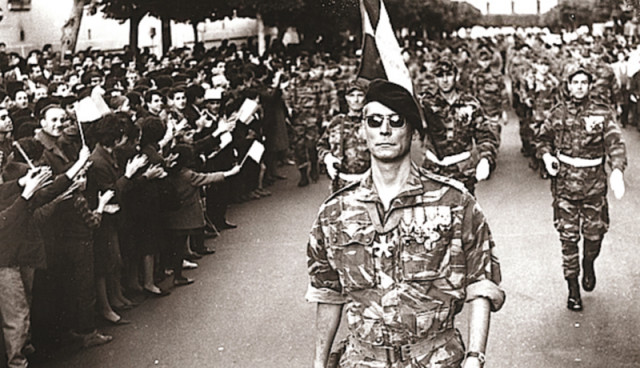
Actors Dakota Johnson and Jamie Dornan arrive for the film’s screening at the Berlin International Film Festival. PHOTO: REUTERS
“It is bad news, isn’t it, that movies such as The Battle of Algiers still hold relevance today.” This opening statement made by British anti-war activist Geoff Brown, before the screening of the movie The Battle of Algiers at The Second Floor (T2F), summed up the 49-year-old film in the context of present times.
The 1966-war film was shown in reference to the recent attacks on the French satirical magazine Charlie Hebdo on January 7 in Paris. The aim of screening the film was to show it from the prism of most of the world’s uncompromising stand on freedom of expression and the rise in anti-Islamic sentiment across the globe.

The Battle of Algiers chronicles the years between 1957 and 1964, focusing on the Algerian struggle for independence and depicts how Algerian guerilla fighters advanced into the citadel of Casbah, where they fought against French militants.
Directed by Gillo Pontercovo, the movie was shot in newsreel style, which was popularised by Itallian cinema icon Rossellini. It shows the organisation of guerilla movements in the region and how colonial powers aim to contain the uprising. The screening was followed by a talk with Brown.
He said that the makers of the film were only able to get the required funding after convincing the Algerian President Ahmed Ben Bella that this story needs to be told, “as it belongs to all the oppressed and not just the Algerians.”
Drawing parallels between the movie and the attacks on the Charlie Hebdo office, Brown shared that the two young Muslim men, who were responsible for killing the journalists, hailed from a background similar to that of Ali La Pointe, a guerilla leader in the film.
“They are both young criminals, both suffered discrimination, victimisation and bullying by the police, and have an almost identical biography to Ali La Pointe,” said Brown. He added that the only difference was that these two have grown up in a large Muslim community in France, which suffers “systematic degradation.”
“I think the situation in the 1950s and that in 2915 is very different, as we live in the post-9/11 world,” exclaimed Brown, adding that religion is being used as a divisive force.

Terming the film as ‘unique’, he said the audiences still find it relatable, and that it would take at least another 20 to 30 years before a filmmaker, from the war-torn regions of Iraq, Afghanistan and Syria, would make a similar film, which depicts the events of the war.
He added that, although American filmmakers have been making such movies for a while, they do not portray a holistic picture. He explained his point using the example of the recently-released American Sniper. “Even that film doesn’t look at the war properly. It looks at an individual who is a killer but doesn’t view the context in which he was killed.”
One of the more interesting
questions to arise from the discussion was how retaliation of an attack causes more violence than the attack itself because the oppressors do not stop without retaliation.
Brown answered that we are living in a world where there are “spirals of violence,” adding that he would personally want to see more ‘victories’ than ‘battles’. But the situation of the society is such that the question that arises is, “How do we win?”
Published in The Express Tribune, February 13th, 2015.
Like Life & Style on Facebook, follow @ETLifeandStyle on Twitter for the latest in fashion, gossip and entertainment.

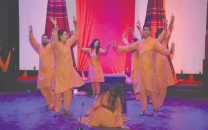
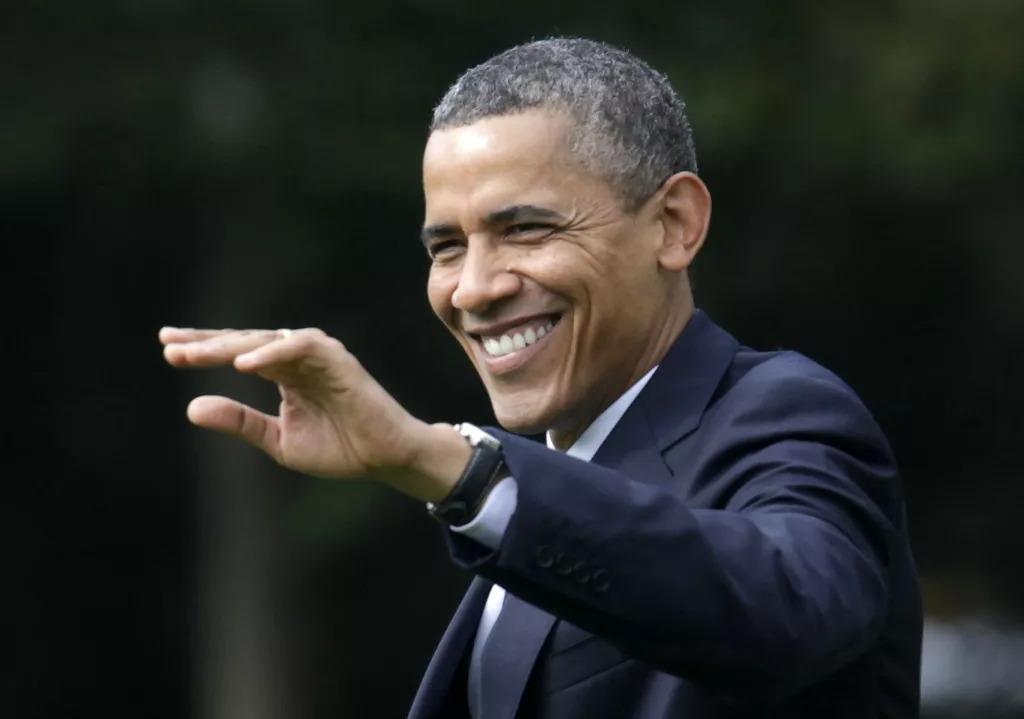

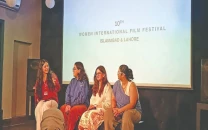

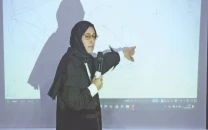











COMMENTS
Comments are moderated and generally will be posted if they are on-topic and not abusive.
For more information, please see our Comments FAQ